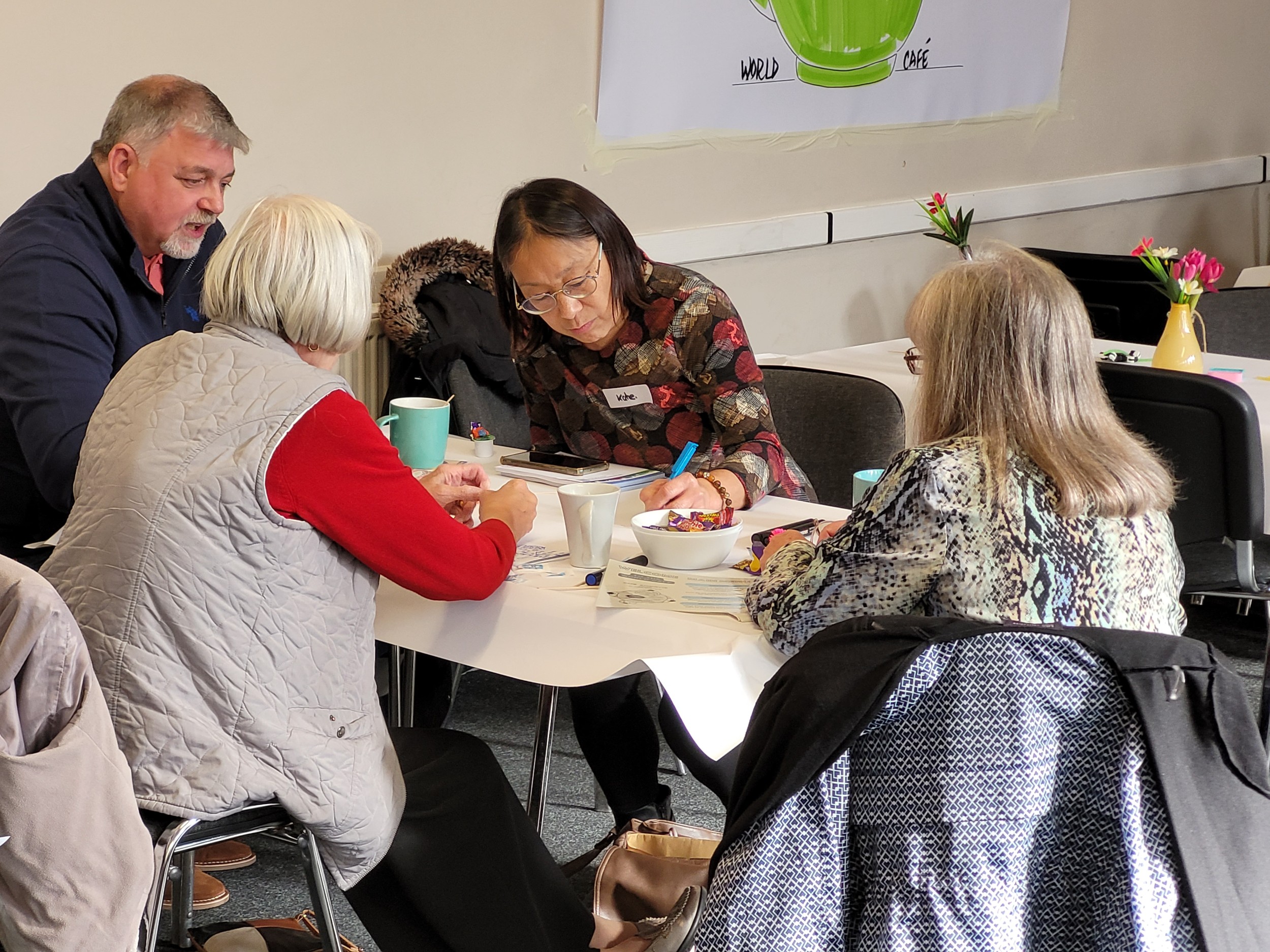Mental health practitioners support adults and older people, and the practitioner will be fully embedded in primary care working as part of the PCN MDT. It is likely that their focus will be people whose needs cannot be met by Improving Access to Psychological Therapies (IAPT) services, but who may not need ongoing care from secondary mental health services. The role can be reimbursed at Band 5 – 8a and the level of reimbursement will depend on the practitioner the PCN chooses to recruit. The practitioner can be any clinical registered role such as a community psychiatric nurse, clinical psychologist or mental health OT, for example.
As this is part of the wider transformation and expansion of community mental health services, the practitioner will be employed by the secondary care mental health provider, but they will be fully embedded within the PCN multidisciplinary team. They will act as 'bridge' between primary care and secondary mental health services and can facilitate onward referral to a range of services to meet patients’ needs. The PCN will fund 50% of this role with the mental health provider funding the other 50%.
Where feasible, and with the agreement of the mental health provider, PCNs can also recruit a practitioner for Children and Young People under the same employment model.
Brief overview of responsibilities
- Provide a combined consultation, advice, triage and liaison function, supported by the local community mental health provider.
- Work with patients to support shared decision-making about self-management, facilitate onward access to treatment services, and provide brief psychological interventions, where qualified to do so and where appropriate.
- Work closely with other PCN-based roles to help address the potential range of biopsychosocial needs of patients with mental health problems. This will include the PCN’s MDT, including, for example, PCN clinical pharmacists for medication reviews, and social prescribing link workers for access to community-based support.
- Operate without the need for formal referral from GPs, including accepting some direct bookings where appropriate, subject to agreement on volumes and the mechanism of booking between the PCN and the provider.
- Be supported through the local community mental health services provider by robust clinical governance structures to maintain quality and safety, including supervision where appropriate.
- PCNs and community mental health providers will want to work together to determine the exact nature of the practitioners’ duties and their job description, based on the role outline.


